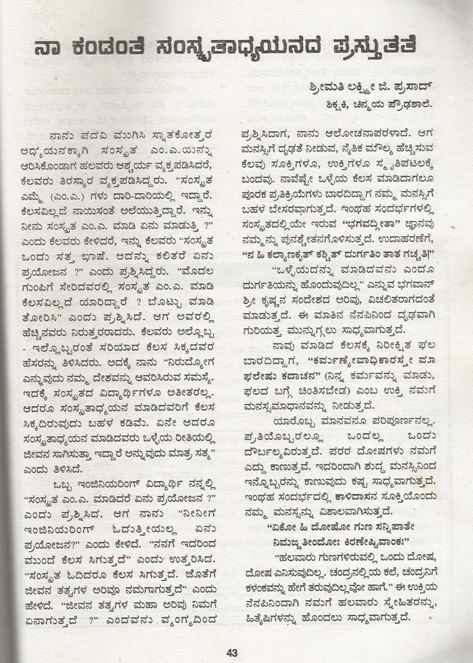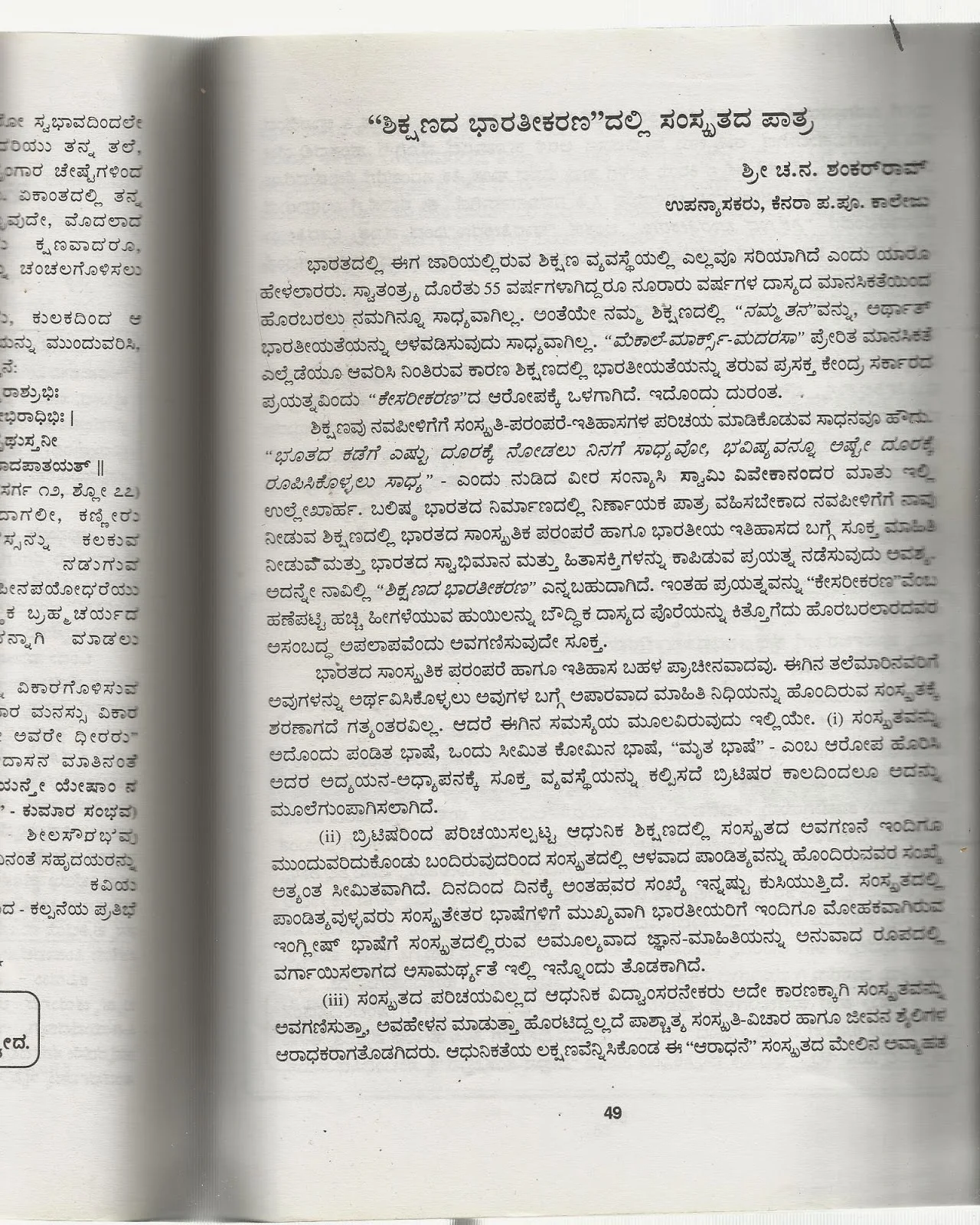
|
| Reign |
1525 – ?? 1570s |
| Predecessor |
Tirumala Raya Chowta |
| Consort |
Banga Lakshmappa Arasa |
| Royal house |
Chowta |
| Religious beliefs |
Jain,
Kshatriya,
Bunt |
( information from wikipedia )
Rani Abbakka Chowta was the Queen of
Ullal who fought the
Portuguese in
the latter half of the 16th century. She belonged to the
Chowta dynasty who
ruled over parts of coastal Karnataka (
Tulu Nadu),
India. Their capital was
Puttige. The port town of
Ullal served as their
subsidiary capital. The Portuguese made several attempts to capture Ullal as it
was strategically placed. But Abbakka repulsed each of their attacks for over
four decades. For her bravery, she came to be known as
Abhaya Rani (The
fearless queen).
[1][2]
She was also one of the earliest Indians to fight the colonial powers and is
sometimes regarded as the 'first woman freedom fighter of India'
The Chowtas who were
Jain Digambara followed the
system of
matrilineal
inheritance (
Aliyasantana) by which Tirumala Raya, Abbakka's uncle,
crowned her the queen of Ullal. He also forged a matrimonial alliance for
Abbakka with Lakshmappa Arasa, the powerful king of neighbouring Mangalore.
This alliance was to later prove a source of worry for the Portuguese. Tirumala
Raya also trained Abbakka in the different aspects of warfare and military
strategy. The marriage, however was short lived and Abbakka returned to Ullal.
Her husband thus longed for revenge against Abbakka and was to later join the
Portuguese in their fight against Abbakka.
Battles against the Portuguese
The Portuguese, clearly upset by Abbakka's tactics, demanded that she pay
them tribute but Abbakka refused to yield. In 1555, the Portuguese sent Admiral
Dom Álvaro da Silveira to fight her after she refused to pay them tribute.
[6]
In the battle that followed, Rani Abbakka once again managed to hold her own
and repulsed the attack successfully.
In 1557, the Portuguese plundered
Mangalore and
laid waste to it. In 1568, they turned their attention to
Ullal but Abbakka
Rani resisted them yet again. João Peixoto, a Portuguese general and a fleet of
soldiers were sent by the Portuguese Viceroy António Noronha. They managed to
capture the city of Ullal and also entered the royal court. Abbakka Rani,
however, escaped and took refuge in a mosque. The same night, she gathered
around 200 of her soldiers and mounted an attack on the Portuguese. In the
battle that ensued, General Peixoto was killed,
[7]
seventy Portuguese soldiers were taken prisoners and many of the Portuguese
retreated. In further attacks, Abbakka Rani and her supporters killed Admiral
Mascarenhas and the Portuguese were also forced to vacate the Mangalore fort.
In 1569 however, the Portuguese not only regained the Mangalore fort but
also captured
Kundapur
(Basrur). Despite these gains, Abbakka Rani continued to remain a source of
threat. With the help of the queen's estranged husband, they mounted attacks on
Ullal. Furious battles followed but Abbakka Rani held her own. In 1570, she
formed an alliance with the Bijapur Sultan of Ahmed Nagar and the Zamorine of
Calicut, who
were also opposing the Portuguese. Kutty Pokar Markar, the Zamorine's general
fought on behalf of Abbakka and destroyed the Portuguese fort at Mangalore but
while returning he was killed by the Portuguese. Following these losses and her
husband's treachery, Abbakka lost the war, was arrested and jailed. However,
even in prison she revolted and died fighting.
Folklore and legend
According to traditional accounts, she was an immensely popular queen and
this is also attested by the fact that she is even today a part of folklore.
The queen's story has been retold from generation to generation through folk
songs and
Yakshagana,
a popular folk theatre in [Coastal Karnataka]. In
Bhuta Kola,
a local ritual dance, the persona in trance recounts the great deeds of Abbakka
Mahadevi. Abbakka is portrayed as dark and good looking, always dressed in
simple clothes like a commoner. She is portrayed as a caring queen who worked
late into the night dispensing justice. Legends also claim that Abbakka was the
last known person to have the used the Agnivana (fire-arrow) in her fight
against the Portuguese. Some accounts also claim that she had two equally
valiant daughters who fought alongside her in her wars against the Portuguese.
Tradition however treats all three - mother and two daughters as the same
person.
Memory
Abbakka's memory is much cherished in her home town of
Ullal. The
"Veera Rani Abbakka Utsava" is an annual celebration held in her
memory. The Veera Rani Abbakka Prashasti(award) is awarded to distinguished
women on the occasion.
[8] On
January 15, 2003, the Indian postal department issued a special cover on Rani
Abbakka. There have been calls to name the
Bajpe airport
and a
naval
vessel after the queen.
[9] A
bronze statue of the queen has been erected in Ullal and another in
Bangalore.
[10]
The Karnataka Itihasa Academy has called for renaming the Queen's road in the
state capital
as 'Rani Abbakka Devi road'.
[11]
India's First Inshore Patrol Vessel ICGS
Rani Abbakka is named after the Queen. The
Vessel was commissioned in
Visakhapatnam on January 20, 2012, and will be based in
Chennai.
[
( information from wikipedia )


























